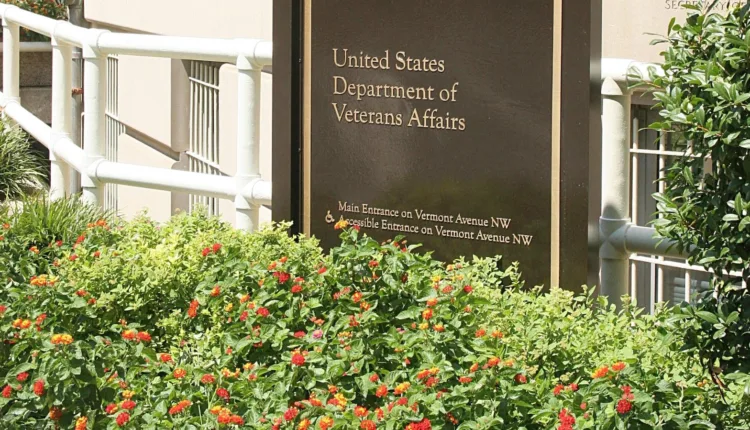
New VA Policy Expands IVF Options for Veterans
TL/DR –
The Department of Veterans Affairs (VA) will soon offer in vitro fertilization to single eligible veterans or those in same-sex marriages. This decision follows criticism of the VA’s lack of reproductive benefits for some veterans and lawsuits arguing certain VA policies were exclusionary to LGBTQ+ military members. Previously, the VA only provided IVF care to veterans who were legally married and could biologically produce their own sperm and eggs.
The Veterans Affairs Department Expands In Vitro Fertilization Services
The Veterans Affairs Department (VA) will soon render in vitro fertilization (IVF) services to veterans who are single or engaged in same-sex relationships. This move follows criticism of the VA’s minimal reproductive advantages for certain veterans.
The agency declared on Monday that IVF will also be offered to veterans using donated sperm or eggs. This significant development follows lawsuits lodged against the Department of Defense and VA in New York and Boston in 2023. These lawsuits argued that some VA policies, including IVF care, were discriminatory to LGBTQ+ military personnel.
VA Secretary Denis McDonough stated that extending care has always been a priority for the VA. He conveyed pride in the VA’s commitment to helping more veterans have the opportunity to start a family.
Previously, the VA provided IVF care only to veterans who were legally married and could naturally produce their sperm and eggs. Federal law stipulates that veterans receiving IVF must have fertility issues resulting from a health condition caused by their military service.
Sen. Patty Murray, D-Wash., has been a staunch advocate for more inclusive reproductive assistance for veterans. She introduced the Veteran Families Health Services Act of 2023 aimed at enhancing the reproductive assistance offered under the DOD and VA healthcare for veterans.
Following the VA’s announcement, Murray praised the VA’s decision. She stated an intention to obtain unanimous consent to advance legislation ensuring IVF care and family-building assistance for all U.S. servicemen and servicewomen.
Presently, VA healthcare covers adoption expenses up to $2,000 but does not cover surrogacy for veterans whose service-connected disability resulted in infertility. McDonough emphasized the urgency in implementing these new policies as soon as possible.
The VA stated, “VA is taking immediate steps to implement this policy and expects to be ready to deliver this care to Veterans nationwide in the coming weeks.”
—
Read More Health & Wellness News ; US News
